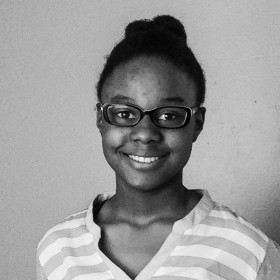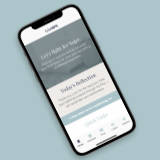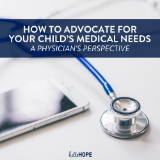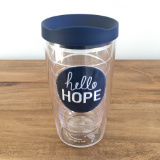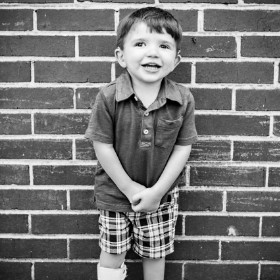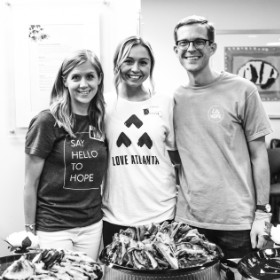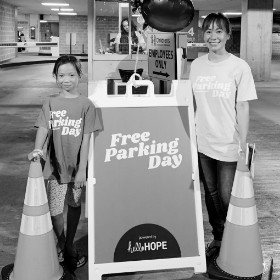Helping Our Children Honor and Value Others with Disabilities [Book Recommendation]
“Look! That little boy has braces just like Ransom!” Henderson exclaimed with delight. The children’s rehab waiting room became a familiar place after months of consistent visits. I found it strangely comforting to see other parents lugging around medical equipment in addition to their diaper bag. I was not alone. In just ten minutes, you might see a wheelchair, feeding tube pumps hanging from a stroller, braces on little legs, orthotic helmets, oxygen tanks and more.
The Benefit of Having a Child With a Diagnosis
As I reflect on the benefit of having a child with a diagnosis, I can’t help but notice how it is positively affecting my other children. They are familiar with medical equipment and devices, and they do not react to them with disgust or disapproval. In fact, they are so normal in our home that my oldest son assumed that all babies eat using a feeding tube.
My typical children have learned the unique risks and challenges that Ransom faces, and they are learning to help protect him and teach others about him. I see tiny seeds of compassion and empathy growing in their little hearts that I doubt would be growing without our medical challenges. For example, Ransom has a swallowing disorder called dysphagia. He is not able to properly swallow thin liquids, and all liquids must be thickened. Ransom’s older siblings are always on the alert when we are around water. They will let me know (often loudly) if Ransom is attempting to drink water in the bathtub or elsewhere.
One of the sweetest things my children do is celebrate Ransom when he does something for the first time. They clap and cheer and come running to tell me what Ransom did, beaming with pride. I love that they are Ransom’s best encouragers.
We definitely have plenty of moments when my children are not kind concerning Ransom’s or another child’s struggles. These times provide the perfect teachable moment.
Teachable Moments
Most parents are familiar with the uncomfortable interaction in public when your child notices something about another child that is unusual to them. A young child tends to ask about this in a loud, conspicuous voice. Our tendency as a parent is to immediately shush them out of embarrassment. We typically say something like, “Hush….Let’s talk about that later.”
If your child lacks familiarity with medical equipment, atypical appearance, or unusual behaviors associated with a diagnosis of some kind, you can take time to teach them at home….before the grocery store incident. I love using children’s books for this type of formative training.
A Book Recommendation
God Made Me Unique: Helping Children See the Value in Every Person is a precious book to keep on your shelf. Produced by Joni and Friends, this book colorfully and creatively introduces children to the idea that some children have disabilities or special needs. There are illustrations to provide examples: sign language to communicate, wheelchairs to go fast, headphones to ease sensory experiences. The book doesn’t stop there. It goes on to teach children that God formed each person (Psalm 139:13) and that every person is significant to the kingdom of God (1 Corinthians 12:20-21). This paraphrase from the book is especially sweet:
“The parts of the body that seem to be weaker are the ones we can’t do without. The parts that we think are less important we treat with special honor.” (1 Corinthians 12:22-23)
Chances are, your children will rub shoulders with children at church, school, or even the grocery store that have different needs. This book helps lay a biblical foundation for understanding that every person is made in the image of God and should be valued as such.
We can teach our children to notice and compliment instead of stare and ignore. We can encourage them to befriend instead of only seeking friendships with children just like them. We can pray that the Holy Spirit would give us all eyes to see people as uniquely made by God, from the top of their head to the tip of their toes—wheelchairs, braces, and tubes included.



